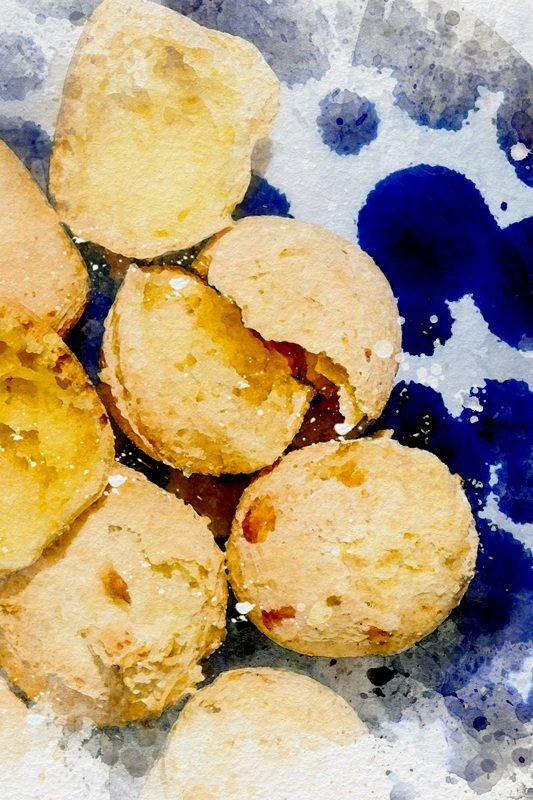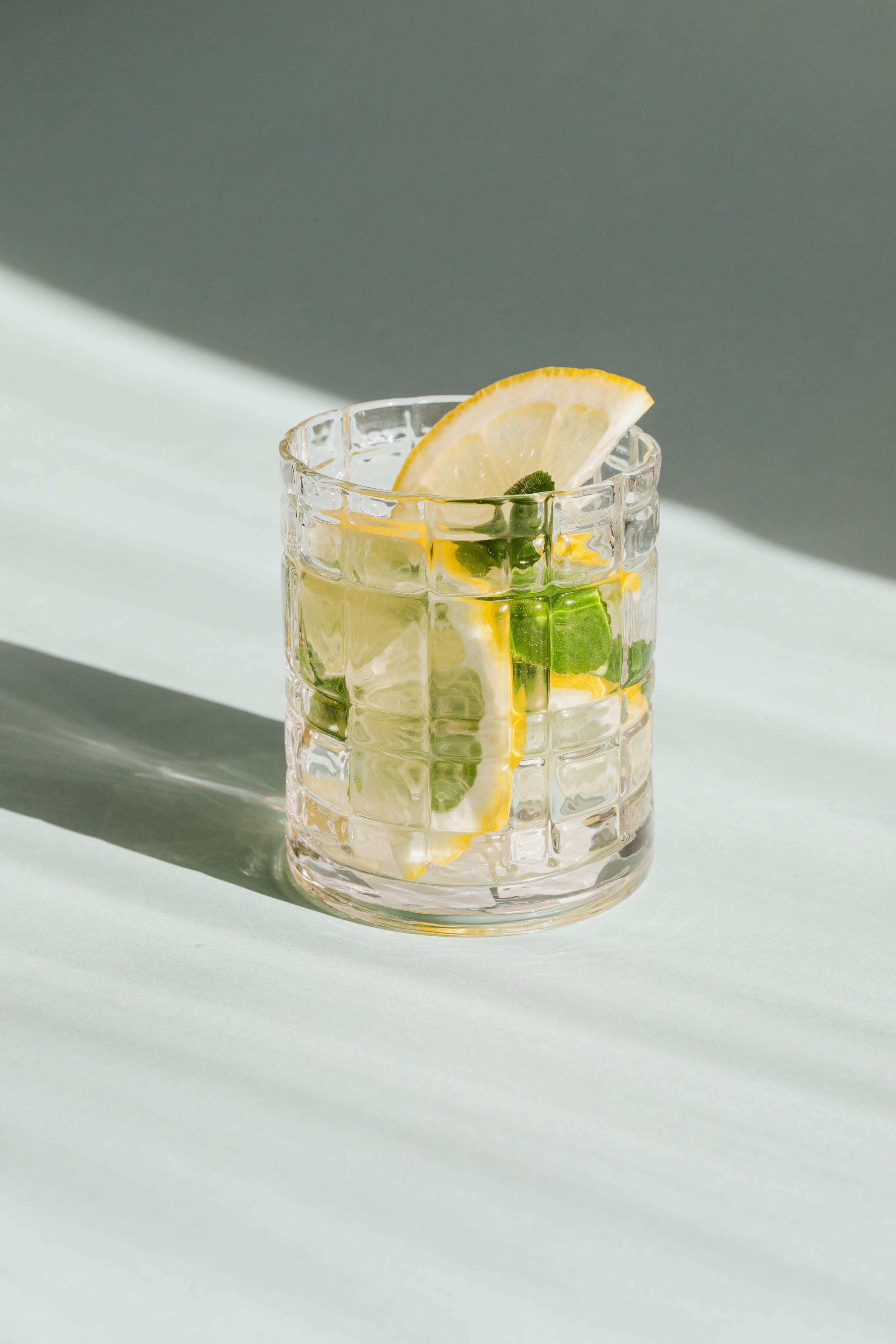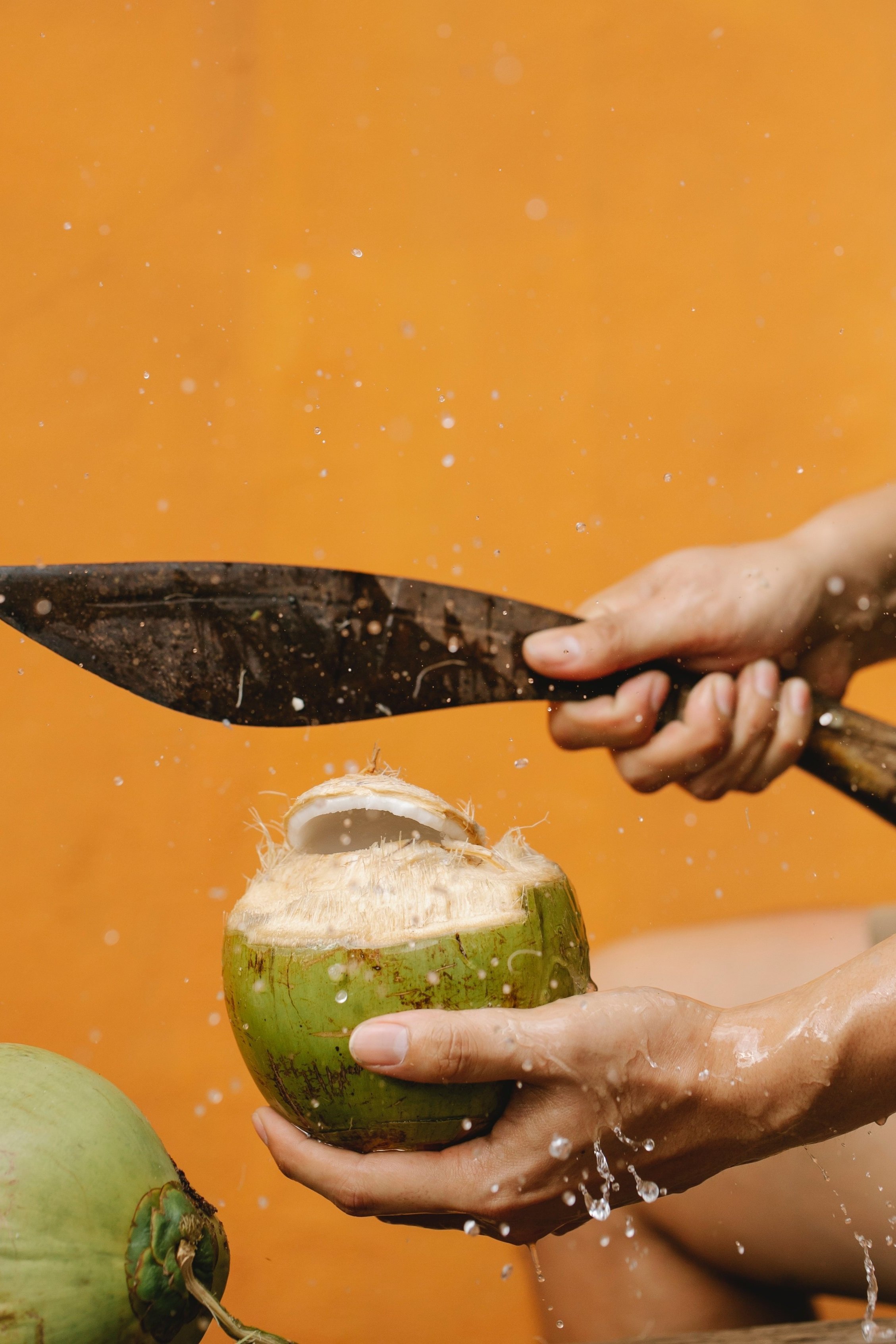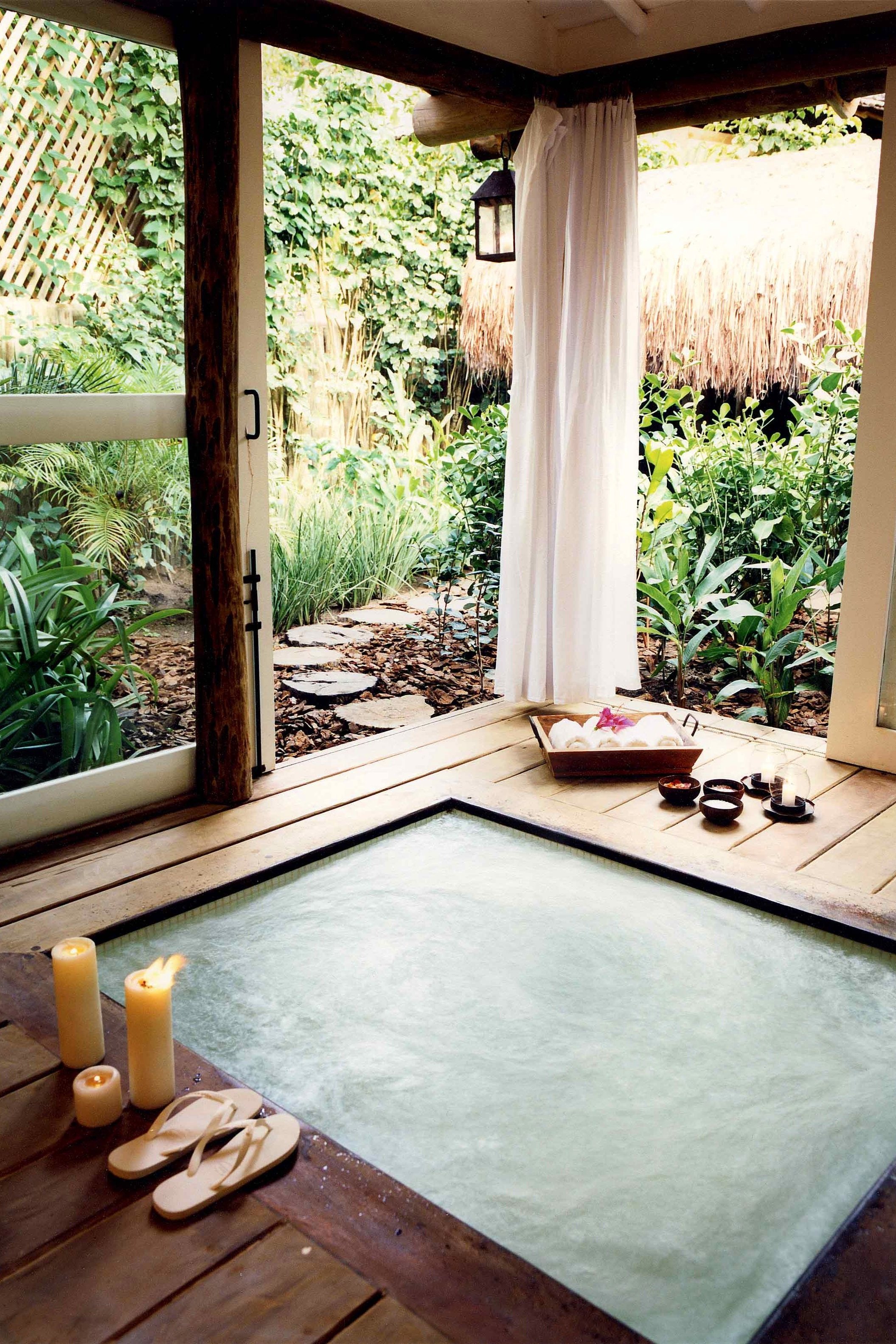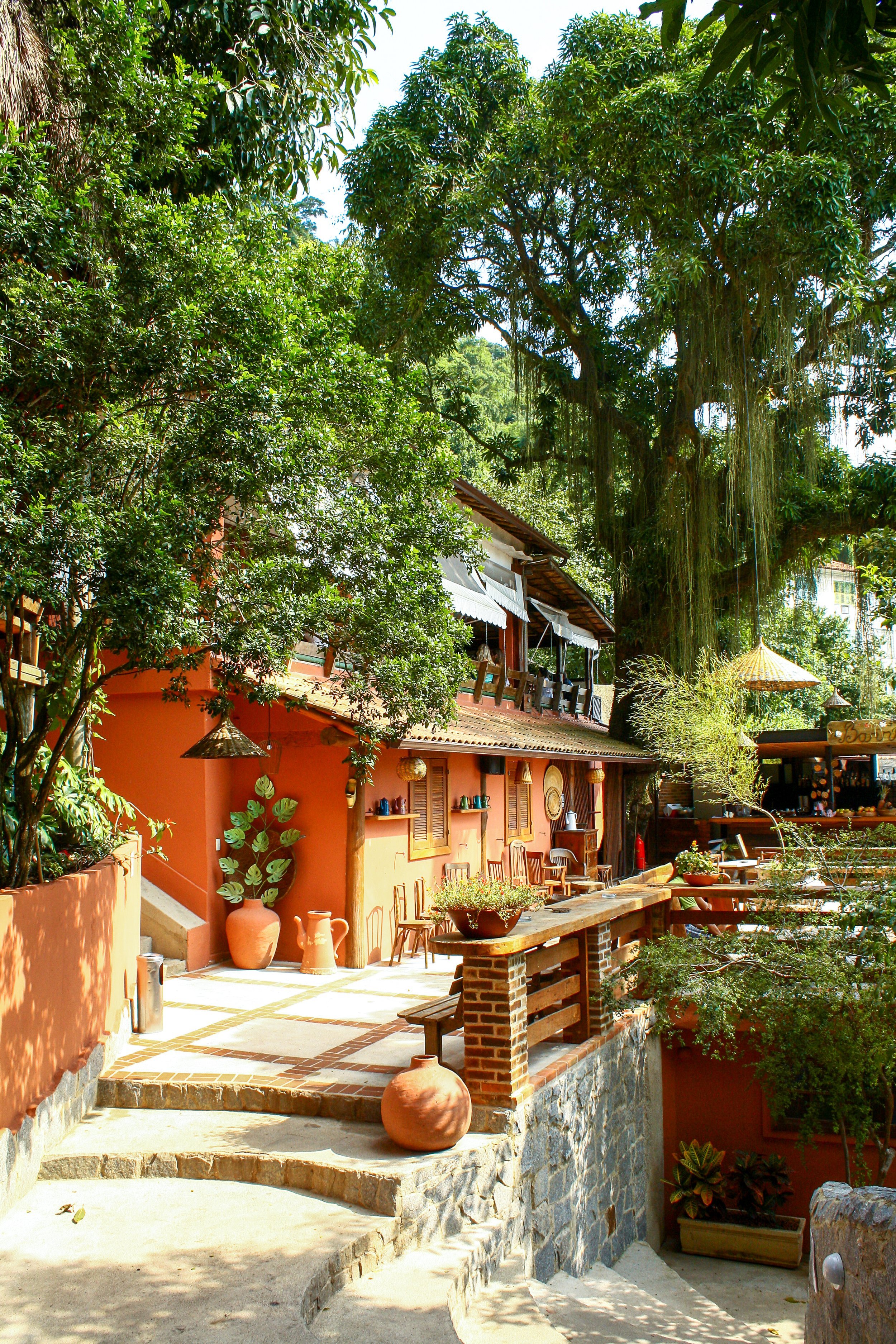Vegan Journeys: Trancoso
Vegan Journeys: Trancoso
Photos by Sarah Casewit, Karolina Grabowska, Any Lane & Taryn Elliott
Words by Dana Ter
What is vegan travel? A few years ago, it might have been simply eating vegan cuisine while traveling and avoiding zoos and not engaging in activities that exploit animals, but it’s come to be so much more than that. Veganism isn’t just a catchphrase, it’s a lifestyle and all-encompassing philosophy with ties to mindfulness, sustainability and slow travel. And you don’t have to be a vegan to embark on a vegan adventure.
Previously, it’s been difficult to maintain a healthy diet and lifestyle while always on the road. Even finding vegetables can sometimes pose a challenge, some vegan travelers having to resort to cooking their own meals or ordering salads everywhere they go. Vegan blogs and websites such as HappyCow have been a good source for finding tasty food for vegans and travelers seeking a healthier alternative.
However, the world has changed in profound ways over the last two years, and as such, so have people’s attitudes and approaches towards travel. We’re traveling slower, spending more time in a single place, taking the time to soak in the rhythms of daily life and acquainting ourselves with destinations on a micro level. A big part of wellness, for both mind and body, is nourishment. The concept is simple – if you’re eating well, you feel good – and travelers are becoming more reluctant to make concessions while away from home.
Veganism embraces eating a plant-based diet, but it’s also about supporting local communities by dining at restaurants that use ingredients sourced from local farms and gardens and increasing awareness of the natural surroundings overall. For non-vegans, eating less meat while traveling and choosing local establishments are ways to offset our carbon footprint.
Eco resorts are not a new phenomenon – many hotels are made from eco-friendly building materials and use soaps and amenities that are not tested on animals. But some resorts are taking it to the next level, for example, by organizing excursions to nearby farms and offering vegan-centric menus that are varied as they are delicious.
One destination that has become very vegan-friendly is Brazil, and particularly, Trancoso, in the state of Bahia on the South Atlantic Coast.
Traditionally, the Brazilian diet is meat-heavy and revolves around churrasco (grilled meat) and feijoada (beef, pork and bean stew). Sealed off from the rest of the state with swathes of coastal forests and mangroves, Trancoso has always been an outlier. The myriads of herbs and plant species, fruits and beans grown here naturally lends itself to a vegan lifestyle.
For centuries, before Trancoso was a destination for the bohemian jet-set, it was a sleepy fishing village inhabited by the Pataxó people. Europeans came in the 1500s and Trancoso didn’t see many visitors again until the 1970s when the hippies arrived. It wasn’t until 1986 that electricity was installed in the village. Today, the air is a mix of down-to-earth bohemian and effortless luxury. A desire to live harmoniously with nature still prevails. Trancoso remains unspoiled with clear waters with colorful coral reefs and marine life and lush jungles bursting with palms and heliconia flowers.
At the heart of Trancoso is the pedestrians – and horses – only quadrado, anchored by a small white church. Vendors sell handmade crafts and come nightfall, brilliant lanterns dangling from the wide-reaching branches of ancient trees light up the square.
Steps from the quadrado and unfolding onto the beach is Uxua Casa Hotel & Spa. The thatched-roofed casitas, some of which are over five centuries old and shrouded in flowers, come in all colors – pistachio green, deep blue, sunset pink. Wood and rattan abound the guestrooms, the beachfront bar – which serves amazing vegan jackfruit tacos – is an old wooden fishing boat, and the swimming pool, with its floor mosaic of healing quartz stones, conjures the mystique of the Brazilian forest.
A carefully curated vegan journey awaits at Uxua, where local artisans built the boutique resort with eco-friendly, upcycled materials. The hotel was envisioned and designed by Dutch fashion designer Wilbert Das who studied the Pataxó people’s traditional building methods and their affinity to the natural surroundings.
While the restaurant’s menu is not strictly vegan, head chef Erico Dias can prepare scrumptious vegan meals made from locally-sourced ingredients. The in-house doctor, Julian Hamamoto forages for edible plants, roots, nuts and berries in Uxua Mare, a new nature sanctuary on Itapororoca Beach. He takes guests on foraging expeditions and, using knowledge borrowed from the Pataxó, conducts classes on mixing juices and using roots to make ice creams.
Recently, Uxua launched Uxua Roca, a local farming project in the Rio Trancoso valley that focuses on teaching organic farming to local youth and practices a 360-degree process of farming that involves growing fresh produce for hotel guests and composting. Guests can explore the 50-acre farm on bicycles or private tour with Dr. Hamamoto. Here, they learn to pick fresh ingredients from the hundreds of types of vegetables, herbs and edible flowers.
As the world begins to heal, how we travel is evolving, too. Take time to discover Trancoso’s magical coastal jungles, full of plants and herbs, a source of beauty and nourishment, its golden sand beaches and pint-sized grassy quadrado where tradition thrives. Your vegan adventure awaits!


